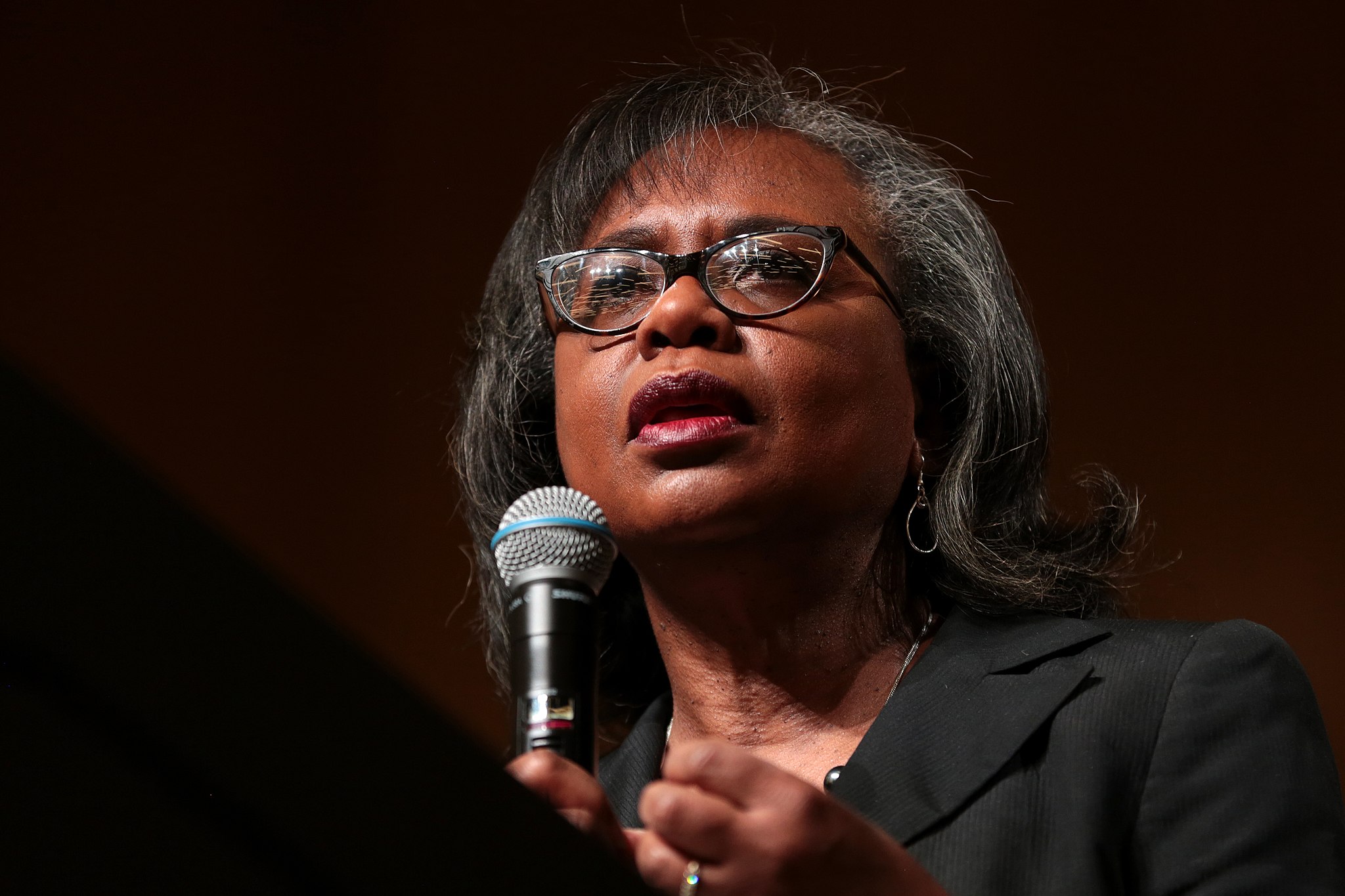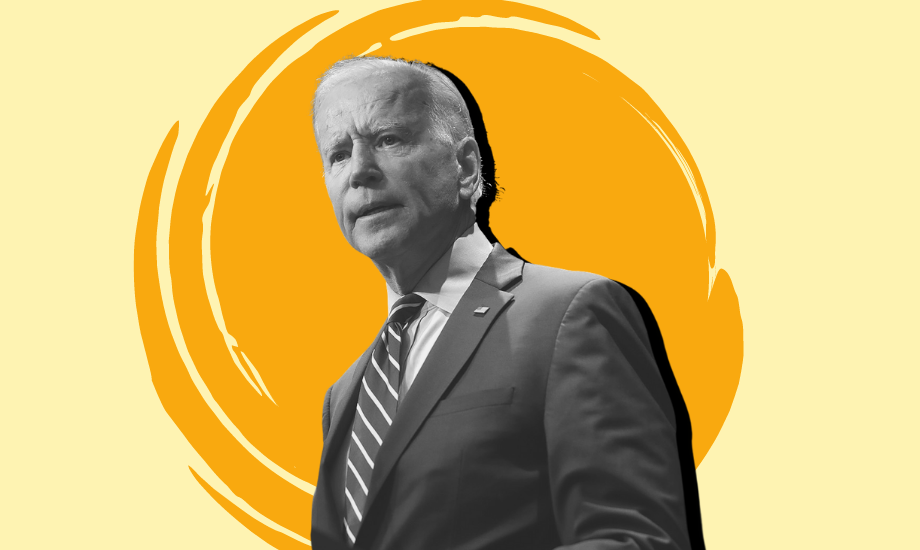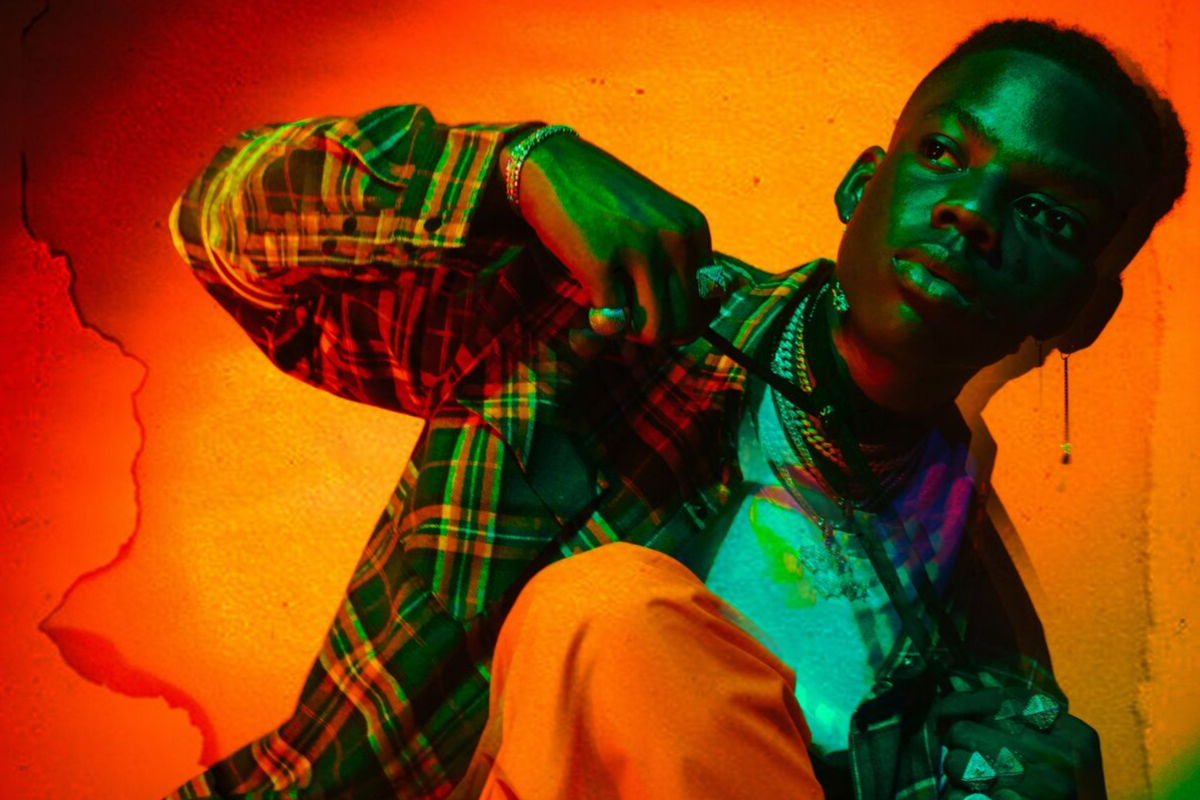
Photography via Gage Skidmore/Wikimedia Commons
At the first presidential forum for women of colour, a young Texan organiser sighs as she’s asked about a possible addition to the 2020 race: “I know that we have been cultured to feel that only the white man can save us,” she says. “I just don’t think Joe Biden is the answer.” A day later and a world away, Joe Biden announced he would be running for President.
Joe is a familiar figure who has been present in American politics for decades. He ran for office when he was just 29 years old, nearly 50 years ago, and he’s stuck around long enough to become a household name due to his appointment in Obama’s administration. He is Democratic royalty, a figure of credibility and consistency within the party. In 2008, Obama leveraged Biden’s established position to offset the notion that he wasn’t yet prepared enough to run for office. At the time, the New York Times saw him as a running mate who could reassure voters about gaps in Obama’s resume, yet Biden seemed inconsistent with Obama’s “message of change.” Fast forward to Biden’s 2020 campaign and commentators now think Obama could repay the favour and do the heavy lifting. You only have to look at a recent campaign video mainly scripted around a speech by the former President to see that Biden may be listening to that advice.
Biden is certainly in need of help, thanks to his patchy past in relation to women of colour especially – a key voting bloc in American politics. He may be relying so heavily on being co-signed by America’s first black president because for many women of colour the Senator’s image is marred by one iconic person in the history of American politics: Anita Hill.
“Biden hung Anita out to dry, offering her no protection from the onslaught of attacks from the Republican benches”
The name Anita Hill echoed through the US last year when, in an almost identical scene, Christine Blasey-Ford testified under oath at the hearing of Brett Kavanaugh, then a Supreme Court Justice nominee. In 1991, Anita, a young black academic, accused the then-Republican-backed Supreme Court nominee Clarence Thomas of sexual harassment and Biden sat as the Democrat Senate Judiciary chair. It was and is a position of immense power – power which Biden stands accused decades later of neglecting. As the nomination hung in the balance, his critics contend that Biden hung Anita out to dry, offering her no protection from the onslaught of attacks from the Republican benches and failing to call on additional witnesses.
Anita was subjected to a grilling for several hours from the 14-strong all white panel comprised entirely of men. During the hearing, she was forced to recount the crude details of what she was alleging to have experienced to a panel that Biden recently described as “a committee that didn’t fully understand what the hell it was all about.” Many years after the fact, Biden has come out to say he regrets that he “couldn’t come up with a way to get the hearing she deserved, given the courage she showed by reaching out to us.”
This mealy-mouthed statement rather begs the question: as the chair of the committee, if he wasn’t capable of providing these circumstances, then who could? He’s been accused of not giving Anita the apology she deserves, whilst side-stepping any portion of the blame that might fall to him. Hill unequivocally deserves an apology, considering the onslaught of accusations she was subjected to during the hearing. She was called “delusional” and “unstable” by Senator Alan Simpson, and was asked if she was a “scorned woman” by Senator Heflin. Biden himself forced Hill to recount one particularly graphic accusation. She alleged that the Judge Thomas had asked her who had put pubic hairs on his can of cola. Having described this twice for the panel, she was told by Senator Orrin Hatch that she had lifted this story from William Peter Blatty’s horror novel, The Exorcist. Safe to say Hill wasn’t believed, and instead, she was accused of being obsessed with sex. Clarence Thomas was voted in to the Supreme Court a week later.
Anita Hill said she was curious about how it would have been different if she had come forward and been “white, blond-haired and blue eyed.” Last year this very scene played out as Christine Blasey-Ford took her oath, and a new generation got a flavour of the tension of how these proceedings go. Jarringly, the Republican panel was still as white as it was in 1991, but the 2017 update was that Blasey-Ford was questioned by a woman prosecutor, and four Democrat women are now also on the panel. Many have drawn similarities between the treatment of the two women, but analysis generally fails to miss the context surrounding the testimony of black women in sexual assault cases.
“Joe Biden allowed a lot of damage to happen, by having a cooling and chilling effect on women who dared to have the courage to speak out”
“When I was in college and watching the way [Anita Hill] was treated for standing up and speaking out”, says Aimee Allison, the founder of the first presidential forum focused on women of colour, “[Joe Biden] allowed a lot of damage to happen, by having a cooling and chilling effect on women, black women and women everywhere in the country who dared to have the courage to speak out against harassment that they received at work”. The structure of the 1991 proceedings set Hill up to fail; Biden allowed Clarence Thomas’ testimony to top and tail hers, essentially giving the judge both the first and last word.
In the past month, Joe Biden has offered apology after apology to Anita Hill, and emphasised that he takes responsibility that Hill did not get treated well. He’s also apologised for not taking action to “tone down the attacks on her” by Republicans, stating that “As much as I tried to intervene I did not have the power to gavel them out of order. I tried to be a judge and only allow a question that would be relevant to ask”. Biden’s buck-passing cannot hide the plain fact that he held the reigns to the pace and nature of the proceedings, and chose not to use them. Hill has been clear that she hasn’t forgiven him.
Biden knows these events are likely to hinder his presidential campaign. 28% of Democrat women disapprove of how Biden handled the Hill testimony and 29% of African American voters feel the same. The stats matter: women of colour are a core constituency in American politics. They were seen to be the force that ushered in the “blue wave” for the Democrats in the midterms (according to a report by the NAACP) and they will likely be key to victory for anyone who seeks the Democratic nomination for 2020. Black women in particular are the most active demographic in the nation. In 2008 and 2012, 70% of eligible Black women cast their ballots. They were the highest racial or gender group to vote, and this only looks to increase with many motivated to turn out to vote in order to oppose to Trump. 82% of black women believe Trump and the republicans are normalising sexism and sexual harassment against women and 89% believe Trump’s statements and policies will cause a major setback for racial progress. Support for and from women of colour will be pivotal in the next round of elections and their power cannot be underestimated.
Whilst this context is crucial, the reality is that Biden is still topping the polls as the most popular Democrat candidate so far. He’s also popular with black voters and has had a considerable regional head start in the South. Whilst Biden’s past might not hurt his chances, perhaps his present might. In March this year, Nevada Democratic politician Lucy Flores spoke out about an incident during the 2014 election when, as she describes, she was “inappropriately touched by a powerful man who would likely declare his presidential candidacy”. Flores didn’t consider the touching to be sexual in nature or something that constituted harassment or assault, but instead categorised it as intimate and unwanted, leaving her feeling “gross and confused”. Biden’s response was defensive. He responded, saying: “In my many years on the campaign trail and in public life, I have offered countless handshakes, hugs, expressions of affection, support and comfort and not once – never – did I believe I acted inappropriately. If it is suggested I did so, I will listen respectfully. But it was never my intention.”
Joe Biden is still greatly loved by the party, and for now, by African American voters. His close ties to Obama and his strong anti-Trump rhetoric is powerful and important, and strong name recognition counts for a lot too. However, with the most “diverse” set of candidates the Democratic party has ever had running for 2020, it feels like the stage is set for women of colour look beyond the traditional candidates. If Anita Hill hasn’t forgiven Joe Biden yet – should we?









